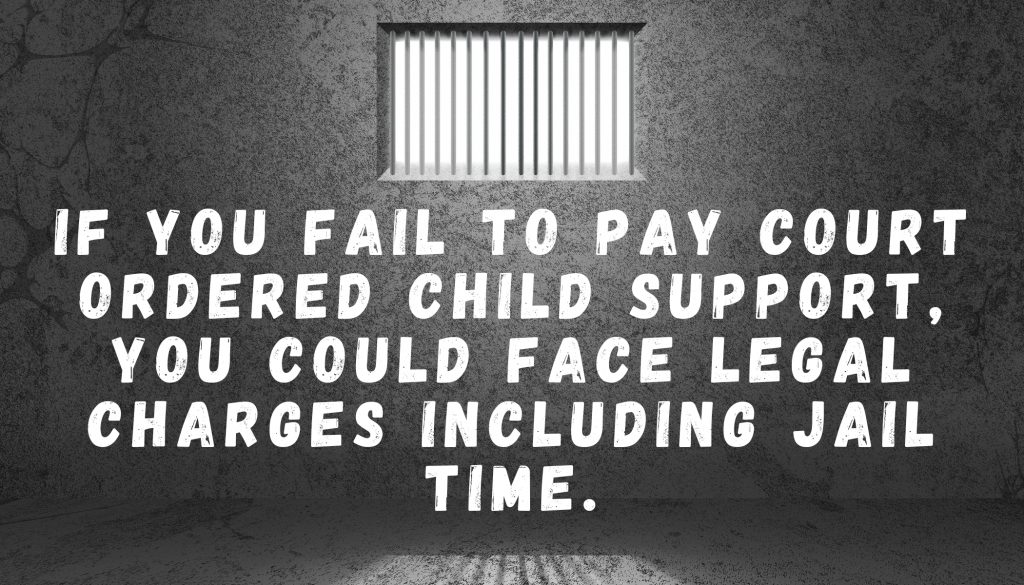11th Apr 2024

There are many things to think about and plan for when going through a divorce. One of the most common, most important, and most challenging aspects is child custody. Here are some common questions regarding child custody when going through a divorce.
What is Child Custody?
In Michigan, you will find two different types of custody. There is legal custody and physical custody.
If a parent is awarded legal custody, then they must make the important life decisions for the child such as the general welfare of the child including medical and educational decisions. Joint legal custody means that both parents make these decisions together for the child or children. If one parent has sole legal custody, it means that they are the only parent making these important life decisions for their child or children. The non-custodial parent, however, still has the legal right to obtain important information regarding the child even if they do not share legal custody of the child.
If a parent has physical custody of a child or children, then that refers to the actual physical residence and the day-to-day care of the child or children. Joint physical custody means the child or children reside with both parents. Typically, one parent is the primary physical custodian and the primary residence of the children, and the other parent has parenting time, with or without a specific parenting time schedule. Sole physical custody means that the child or children have permanent residence with only one parent.
If parents share custody of the child or children, is child support still required to be paid?
Even if you share joint physical custody after a divorce, it’s probable that a judge will still order child support to be paid by one parent. The Michigan Child Support Formula calculates which parent pays child support and the amount. Some of the factors that are considered when calculating child support through this formula are:
- Income of each parent
- Number of children
- Number of overnights that each parent has the child or children per year
- Health care costs
- Childcare expenses

Can a child choose which parent they want to live with?
Typically, it is up to the judge to determine who the child or children will live with. According to the custody laws in Michigan, it is not legally up to the child. However, the judge may take the child or children’s preferences into consideration if the child is of an age where their preference has weight. Usually, this is not the case for children under the age of 12.
How is child custody determined?
According to the Michigan Child Custody Act, Michigan courts use the 12 factors to determine what is in the “best interest of the child” in deciding custody and parenting time. Each one is important, but they do not need to be weighed equally. The 12 factors defined by the State of Michigan are as follows:
Factor a: The love, affection, and other emotional ties existing between the parties involved and the child.
Factor b: The capacity and disposition of the parties involved to give the child love, affection, and guidance and to continue the education and raising of the child in his or her religion or creed, if any.
Factor c: The capacity and disposition of the parties involved to provide the child with food, clothing, medical care, or other remedial care recognized and permitted under the laws of this state in place of medical care, and other material needs.
Factor d: The length of time the child has lived in a stable, satisfactory environment, and the desirability of maintaining continuity.
Factor e: The permanence, as a family unit, of the existing or proposed custodial home or homes.
Factor f: The moral fitness of the parties involved.
Factor g: The mental and physical health of the parties involved.
Factor h: The home, school, and community record of the child.
Factor i: The reasonable preference of the child if the court considers the child to be of sufficient age to express preference.
Factor j: The willingness and ability of each of the parties to facilitate and encourage a close and continuing parent-child relationship between the child and the other parent or the child and the parents. A court may not consider negatively for the purposes of this factor any reasonable action taken by a parent to protect a child or that parent from sexual assault or domestic violence by the child’s other parent.
Factor k: Domestic violence, regardless of whether the violence was directed against or witnessed by the child.
Factor l: Any other factor considered by the court to be relevant to a particular child custody dispute.
If the parties cannot agree on physical or legal custody of the children, the issue may be referred to the Friend of the Court to investigate and make an initial custody and parenting time recommendation that will be provided to the court. Each parent can object to any part of the custody recommendation and request a different custodial or parenting time arrangement once they present the evidence to the court in support of their request. Ultimately, it is up to the judge to determine what is in the best interest of the child or children, even if the parents come to an agreement regarding child custody and parenting time.
What is a parenting plan?
A parenting plan helps divorced parents manage their responsibilities and rights when it comes to their children. It is not required by every judge, but some judges will not enter a consent judgment of divorce without it being included in the judgment. Depending on the post-divorce relationship you have with your spouse, a specific parenting time plan can be very important to cooperative parenting. Some of the items that may be detailed in a parenting plan are as follows:
Dispute resolution and decision making: This would be beneficial if you cannot agree on shared decisions when it comes to your child or children. Some parents may decide to appoint a mutual, neutral party to mediate or arbitrate the disputed issue as an alternative to going back to court to have the judge decide.
How the parents communicate about the child or children: This provision should include how long a parent must wait for the other to respond before making a decision regarding the child or children. It should also include how the children will communicate with the other parent when they are not with them.
Safety provisions: Sometimes safety can be a concern when a child or the children are with one parent. This part of the document should contain restrictions on visitors, discipline, alcohol, or drug usage, etc. Some parents might require supervised parenting time if there is a history of child abuse or violence of any kind.
Childcare: This section typically explains who each parent will use for childcare. It can include the daily childcare needs while a parent is working or the occasional babysitting needs.
Choice of schools and extra-curricular activities: While the child support order lays out how medical expenses are paid for, as well as childcare which can include summer camps used in lieu of childcare, the choice of schools and involvement in extra-curricular activities (as well as financial responsibility for paying for the activities) is not included in the child support order. Therefore, if you want the order to reflect an agreement for the children to continue to be involved in certain extra-curricular activities or continue to attend a certain school that they did prior to divorce (especially a private school), you must include a clause in your divorce judgment memorializing the consent of the parents regarding these issues as well as how the parents will share in the expense.
Rules for the child or children based on their age: This provision can help parents manage the rules they have for their child or children. As children grow up, rules change based on their ages. So, agreeing on specific age-based rules can be beneficial for the parents and the children so they know what to expect in each household.
Does the Court favor the stay at home parent over the working parent when it comes to child custody?
Courts prefer that the child or children have a nurturing relationship with both parents, regardless of who has historically been the primary caregiver. Legal custody over the children is almost always shared by both parents in Michigan. Physical custody is sometimes favored towards the parent who has been the primary caretaker of the children, especially if the children are of a very young age. However, just because one parent was the bread earner while the other parent stayed home to care for the children does not mean that the court will not give the parents joint physical custody with equal parenting time. What ultimately determines legal and physical custody of the children are the best interest factors that the court weighs and not just who was the primary caregiver.
Do grandparents have rights when it comes to the children?
Grandparents do not automatically have custody or visitation rights in Michigan, but in some situations, grandparents may have grounds to petition the court for these. It is common for the parents of the child or children and the grandparents to work out an informal visitation schedule for the grandparents without the courts being involved. However, if that does not work, the grandparents, if they meet the statutory requirements, may file an action with the court requesting an order for grand-parenting time.
Child custody issues can be very emotional and sensitive to all the parties involved. It is imperative that your family law attorney understands this and provides the kind of attention, care, and sensitivity to your case so that your interests, as well as the interests of your children, are protected.
Written by Monica Rossi Baylis
Related Articles


